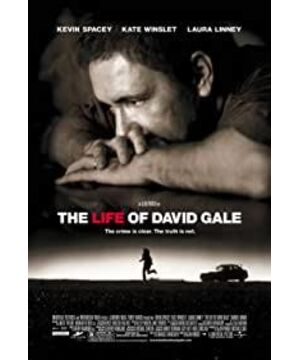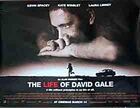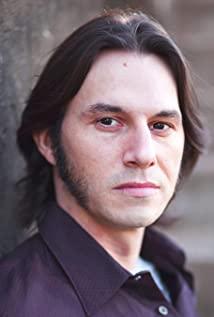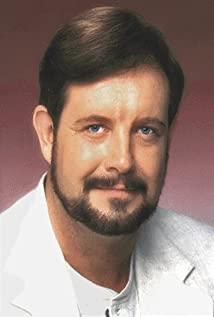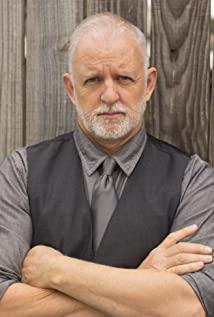After watching this film, I only have one question, why do so many people call the male protagonists "defenders"? It's obviously a group of "fraudsters" who deliberately used conspiracies to mislead the government.
Obviously, they are a group of fraudsters who use unscrupulous means for the purpose of "abolishing the death penalty". In order to do something they think is "meaningful", they directly gamble their terminally ill body to do something they think is "great". But ignore the facts. The fact is what the opposing party said. He has no example of wrongly convicting a case. As a result, the male protagonist and the others will use their own lives to "cheating" at his words. In order to "win", do whatever it takes.
How could such a group of people become "guardians"? Obviously a bunch of fraudsters, okay? You must know that "helping others to commit suicide" is also a crime, but the movie just ignores such an important fact, and keeps exaggerating how great they are, desperate for the "ideal" (after all, it is a terminally ill body, There is also a life of decadence and trough, it is hard to say whether it is reckless or not)
If this is a movie that satirizes "abolitionists will do anything to achieve their goals", then I will give a 5-star praise. However, the whole film conveys the tone of "the death penalty should be abolished", completely ignoring logic and As a matter of fact, that's why people don't want it and don't want it.
View more about The Life of David Gale reviews


